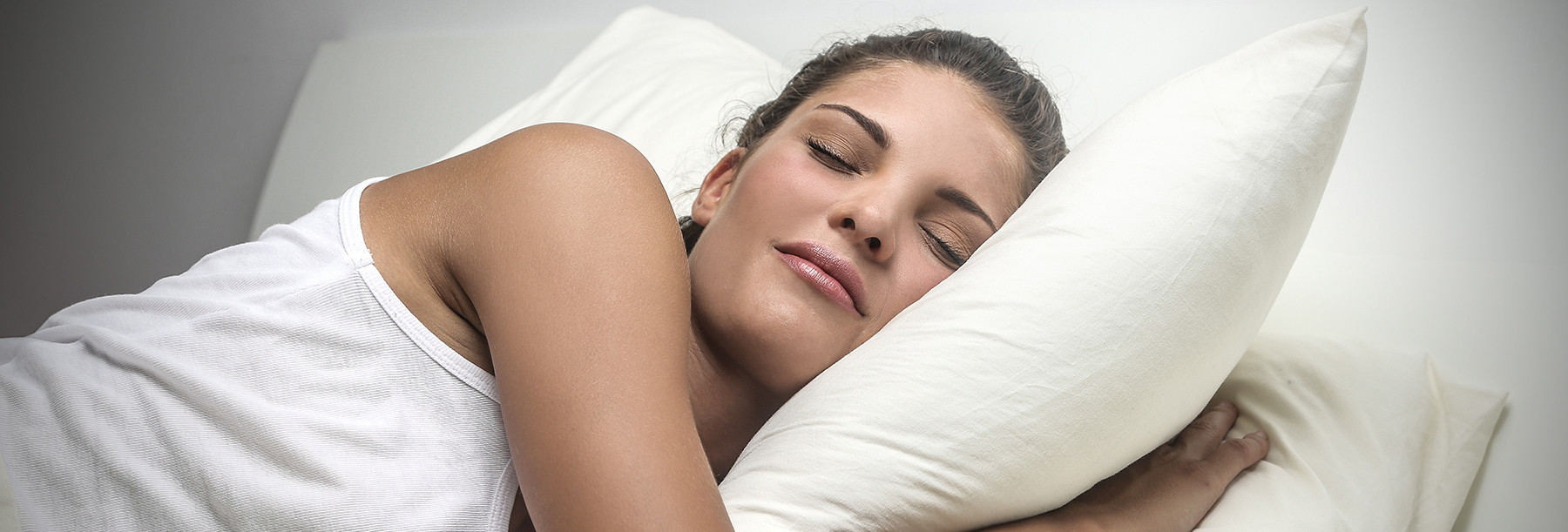Recommendations for Better Sleep
Lack of sleep is a widespread issue in the United States, affecting millions of adults every night. According to the Centers for Disease Control and Prevention (CDC), one in three adults does not get enough sleep regularly. Chronic sleep deprivation can lead to a host of health problems, including increased risk of heart disease, obesity, diabetes, and mental health disorders like depression and anxiety. Furthermore, lack of sleep can impair cognitive functions, reduce productivity, and negatively impact overall quality of life. Addressing sleep issues with natural remedies can provide a safe and effective way to improve sleep quality and overall health.
Top 9 natural remedies, tips, and tricks for improving sleep for adults:
Maintain a Regular Sleep Schedule
Going to bed and waking up at the same time every day helps regulate your body’s internal clock, making it easier to fall asleep and wake up naturally. Research shows that a consistent sleep schedule can improve sleep quality and duration.
Create a Relaxing Bedtime Routine
Engaging in calming activities before bed, such as reading, taking a warm bath, or practicing mindfulness meditation, can signal to your body that it's time to wind down. Studies indicate that relaxation techniques can significantly improve sleep quality.
Optimize Your Sleep Environment
Ensure your bedroom is dark, quiet, and cool. Use blackout curtains, earplugs, or a white noise machine if necessary. A comfortable mattress and pillows are also crucial. Research suggests that a conducive sleep environment can enhance sleep quality.
Limit Exposure to Blue Light Before Bed
Blue light from screens (phones, tablets, computers) can interfere with your body's production of melatonin, the hormone that regulates sleep. Avoid screens at least an hour before bedtime. Studies have found that reducing blue light exposure can improve sleep.
Exercise Regularly
Engaging in regular physical activity can help you fall asleep faster and enjoy deeper sleep. However, avoid vigorous exercise close to bedtime as it may have the opposite effect. Research shows that moderate exercise can benefit sleep quality and duration.
Watch Your Diet
Avoid large meals, caffeine, and alcohol before bed. Caffeine and nicotine are stimulants that can keep you awake, while heavy meals can cause discomfort and disrupt sleep. Studies indicate that diet can significantly impact sleep patterns.
Manage Stress and Anxiety
High levels of stress and anxiety can make it difficult to fall asleep and stay asleep. Practices such as yoga, deep breathing exercises, and progressive muscle relaxation can be helpful. Research has shown that stress management techniques can improve sleep quality.
Consider Natural Supplements
Melatonin, valerian root, and magnesium are popular supplements that may help with sleep. Melatonin helps regulate your sleep-wake cycle, valerian root has sedative effects, and magnesium can relax muscles and reduce stress. Studies have supported the efficacy of these supplements in promoting sleep.
Limit Naps During the Day
While short naps can be refreshing, long or irregular napping during the day can negatively affect your nighttime sleep. If you need to nap, try to limit it to 20-30 minutes and avoid napping late in the day. Research indicates that limiting daytime napping can improve nighttime sleep.
These tips and remedies are supported by scientific research and can help improve sleep quality for adults struggling with insomnia or other sleep-related issues.
RESOURCES
Recommended Books and Articles on Natural Sleep Remedies
Books
"Why We Sleep: Unlocking the Power of Sleep and Dreams" by Matthew Walker
This comprehensive book explores the science of sleep and its critical importance for health, presenting strategies to improve sleep naturally.
"The Sleep Solution: Why Your Sleep is Broken and How to Fix It" by W. Chris Winter
A practical guide offering insights into sleep problems and providing natural solutions and tips for better sleep.
"Sleep Smarter: 21 Essential Strategies to Sleep Your Way to a Better Body, Better Health, and Bigger Success" by Shawn Stevenson
This book offers actionable strategies for improving sleep quality and achieving better health through natural means.
"The Sleep Revolution: Transforming Your Life, One Night at a Time" by Arianna Huffington
Arianna Huffington delves into the sleep crisis and provides tips and tools for reclaiming sleep and improving overall well-being.
Articles
"The Impact of Sleep Deprivation on Health and Wellbeing" - National Institutes of Health (NIH)
This article explores the various health effects of sleep deprivation and emphasizes the importance of adequate sleep.
"Natural Remedies for Insomnia: What Works" - Sleep Foundation
A detailed overview of various natural remedies for insomnia, backed by research and expert opinions.
"Melatonin and Sleep: What You Need to Know" - National Sleep Foundation
This article provides insights into the use of melatonin as a natural sleep aid and discusses its effectiveness and safety.
"The Role of Magnesium in Sleep" - American Journal of Therapeutics
An in-depth look at how magnesium supplementation can improve sleep quality and the underlying mechanisms involved.
"Yoga for Better Sleep: A Systematic Review" - Journal of Clinical Sleep Medicine
A comprehensive review of studies examining the benefits of yoga and mindfulness practices for improving sleep quality.
Photo Credit:
Banner photo of woman sleeping
© Bowie15 | Dreamstime.com

Sleep, the deplorable curtailment of the joy of life, yet the most precious of its enjoyments.
~ from Fyodor Dostoevsky's Crime and Punishment
Northwest Light Therapy is an educational project of Cascade Digital Works © 2024
Northwest Light Therapy website is offered as a source of health and wellness information. The content provided by Cascade Digital Works, LLC, is for informational purposes only and is not intended as medical advice. As such, the information provided is not a substitute for professional medical advice, diagnosis, or treatment. Users are encouraged to consult a healthcare provider for any medical concerns.
Privacy Policy
We respect your privacy. We do not share your personal information with any individual, business or government agency. Ever.

